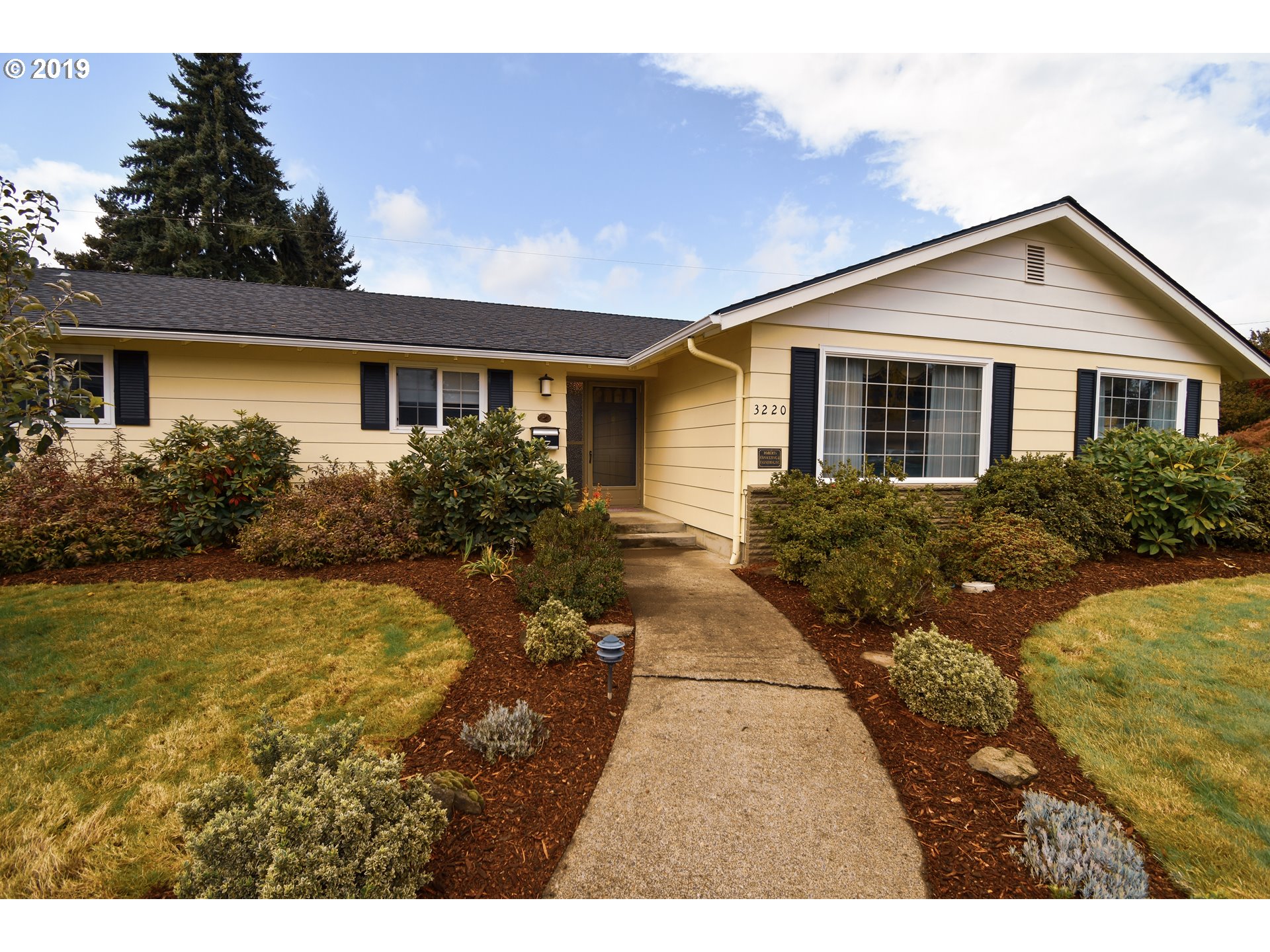Mortgage Interest Rates Remaining Very Low
Good Monday Morning!
With mortgage interest rates remaining very low, the 15 year home financing option can look very attractive. The following is an article from "Realtor.Com" that will give you the benefits and drawbacks of both the 30 year mortgage and the 15 year mortgage.
MORTGAGES COME WITH many options, and one of them is your loan term: a 15-year versus 30-year mortgage. A 30-year mortgage can make your payments more affordable, but a 15-year mortgage is generally cheaper overall. As you're weighing your mortgage options, here are the most important things to know about 15- and 30-year mortgages.
How a 15- vs. 30-Year Mortgage Works
A mortgage is a type of term loan, meaning the amount you borrow is repaid over a set period of time. You make principal and interest payments according to an amortization schedule that's set by the lender. Your monthly payment schedule may also include homeowners insurance and property taxes if those are escrowed into your payment. Private mortgage insurance is also added when applicable, usually when you buy a home with less than 20% down.
When you have a 15-year mortgage, the total amount you have to repay is spread out over 15 years, or 180 payments. If you choose a 30-year mortgage instead, you repay the loan over 30 years, or 360 payments.
What's Good About a 15-Year Mortgage
There are several good reasons to choose a 15-year over a 30-year mortgage.
Pay the home off more quickly.
"The monthly payments will be larger, allowing more money to go to the principal in a shorter amount of time," says Benjamin Ross, a real estate agent in Texas. Your loan balance disappears faster, which might be important to you if you envision a retirement that doesn't include mortgage debt.
Lower interest rate.
Because you're paying your home loan off sooner with a 15-year term, your mortgage becomes less risky for the bank. That may translate to a lower interest rate compared with a 30-year loan. Depending on the overall interest rate environment, rates for a 15-year mortgage may be a half a percentage point or more lower than 30-year mortgage rates.
Less interest total over the loan term.
A lower interest rate also benefits you in another way when adding up the total interest paid on the loan. Here's a simple side-by-side comparison of the total interest paid on a $300,000 mortgage.
(Note: These calculations don't include PMI, homeowners insurance or property taxes escrowed into the mortgage.)
|
15-YEAR MORTGAGE TERM |
30-YEAR MORTGAGE TERM |
|
Interest rate: 3% |
Interest rate: 3.625% |
|
Monthly payment: $2,072 |
Monthly payment: $1,368 |
|
Total interest paid: $72,914 |
Total interest paid: $192,535 |
In this example, choosing a shorter loan term and qualifying for a lower interest rate results in a total interest savings of $119,621. That's a substantial amount of money you could keep in your pocket over time.
Build equity faster.
Home equity represents the difference between what your home is worth and what you owe on the mortgage. When your monthly payment is larger because your loan term is shorter, you can build equity at a quicker pace because you're paying more of the loan principal down each month compared with what you would with a longer mortgage.
15-Year Mortgage Drawbacks
What's great about 15-year mortgages versus 30-year mortgages is also what makes them less attractive for certain homebuyers: a larger monthly payment.
Going back to the previous example of a 15- vs. 30-year loan, the mortgage payment for the 15-year option is $704 higher. A $2,000-plus monthly mortgage payment may not be realistic for every budget.
"A lot of people are more concerned with ensuring that their monthly payment is manageable than the total interest paid over the life of the loan," says Anthony Sherman, co-founder and CEO of Simplist, a digital mortgage marketplace. "Paying off your mortgage over a longer period of time can free up cash to do other important things, like investing, saving for college or retirement, and paying for renovations."
Another reason to reconsider a shorter loan term is how long you plan to stay in the home. If you plan to move within the next five years, for example, then being able to build equity faster or get a lower interest rate on the loan may not be as important in your decision-making about which kind of mortgage to get.
Have An Awesome Week!
THIS WEEKS HOT HOME LISTING!
 3220 Tilden St
3220 Tilden St
Price: $385,000 Beds: 3 Baths: 2 Sq Ft: 1894
Updated home in a quiet Santa Clara neighborhood. Newer roof, vinyl windows,hardwood flooring and granite in the kitchen & bathroom. Kitchen w/ eating area leads to a cozy family room w/ gas fireplace & sliding door to the backyard. Separate living...View this property >>
AND HERE'S YOUR MONDAY MORNING COFFEE!!






